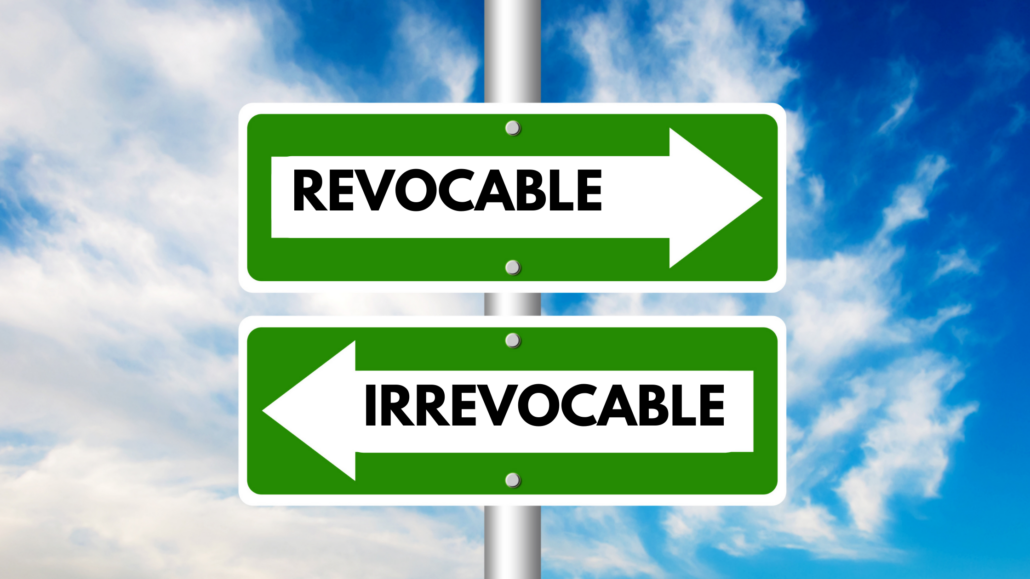Choosing the right executor for your will is one of the most important decisions in estate planning. The executor is responsible for carrying out your last wishes, ensuring your assets are distributed according to your will, and navigating the probate process.
Understanding the Role of an Executor
An executor, sometimes called a personal representative, is legally obligated to act in the best interests of your estate and beneficiaries. They will manage your estate through probate, pay any debts and taxes, and distribute assets to your heirs. Given the significant responsibility, it’s crucial to choose someone capable and trustworthy.
Factors to Consider When Choosing an Executor
- Trustworthiness and Integrity: Your executor must handle your estate with honesty and care. This role requires a person who can manage finances, understand legal documents, and make decisions without personal bias.
- Willingness and Availability: Being an executor can be time-consuming and demanding. It’s important to select someone who is not only willing to take on the role but also has the time and energy to manage the process, especially if disputes arise.
- Familiarity with Your Wishes: Ideally, your executor should be someone who understands your values and intentions. This familiarity can help them make decisions that align with your goals, particularly in complex situations.
- Professional Executors: In some cases, you may prefer to appoint a professional executor, such as a trust company or an attorney. This can be particularly beneficial for large or complicated estates, as professionals bring experience and neutrality to the process.
Ensuring a Smooth Process
Choosing the right executor is vital to ensuring your estate is handled smoothly and in accordance with your wishes. Take the time to discuss your decision with potential candidates and seek legal advice to make the best choice.


